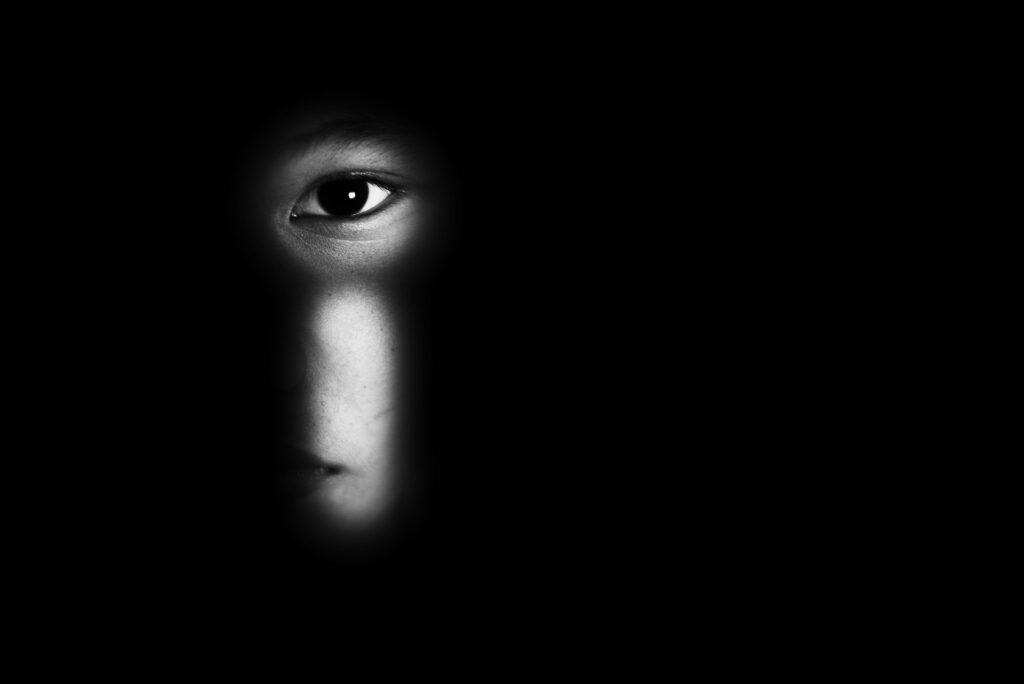
Male victims of Toxic Abusive Relationships are severely understudied and under-reported.
Men are frequently invisible victims of relationship abuse. When we think of abusive relationships, we often default to the idea of a woman as the victim; rarely do we imagine men. But male victims of domestic abuse and abusive relationships are more common than many people think. In fact, according to a CDC violence report from 2010. Up to 48% of men experienced psychological and emotional abuse at the hands of their partners.
Many Faces of Abuse
Domestic violence or abuse is about control. It has as many faces as there are people. Why it happens, who it happens to, and how to prevent or stop it are all very difficult issues to discuss, especially for men, who have so much of their self-image imposed upon them by societal roles popularized in the media.
A true story of the man who could not leave TAR
My good friend is in an abusive relationship. After five months of indecisiveness, he finally had his first session with the therapist. He admitted that he is a man who is being abused by his pregnant girlfriend.
After two hours he received this advice — if she wasn’t pregnant, his therapist would advise him to take some time on his own to rebuild his boundaries because she believes that he is being emotionally, psychologically and at times even physically abused by his girlfriend.
Unfortunately, his girlfriend is pregnant, and it is not the “right” time to separate. So, bluntly, because his girlfriend is pregnant my friend should continue suffering.
We live in a world where women sympathize with women — especially pregnant women. It gives women a free pass. Being pregnant has somehow excused her for attacking him with a knife, biting his penis in rage, destroying his personal stuff, and repeatedly threatening him.
Recently she also threatened that if he leaves, he will never see their child.
My friend’s life is in pieces. He can’t take it anymore. He started the relationship with the best of his intentions, he thought she was amazing, and he wished to settle down with her and have a family and a quiet life.
Looking back now, he knows that they rushed into this relationship — they didn’t know each other well enough.
He secured her a flat and provides for her and when she got pregnant it was her decision to keep the baby as “all of her friends have babies” and he agreed.
Now, a year later she is blaming him that because of the baby she doesn’t have a career, even though she had no job when she met him.
She has taken control of their finances, she stops him from seeing his friends and family, has control over how the child will be fed, and she already decided that their child will be vegan. She stops him from seeing children from a previous relationship.
Men are lost in the fog
Men have a hard time seeing when they are giving up too much responsibility because they believe that their role is limited to being the provider to the family. Fathers are as important as mothers are. They contribute to their kids and shape their emotional and psychological development.
My friend fears that if he chooses to put his well-being first he will be judged by society — for taking care of himself.
I will become that guy who made children with different women and left them.
He never left his children; he was stopped from seeing his children, without any justifiable reason. But that doesn’t make headlines. Women’s abuse makes headlines.
To “do the right” thing these men keep doing the wrong thing instead — they stay in Toxic Abusive relationships because of multiple reasons.

Men Fear Losing Their Children
My friend fears losing his children, he fears being hurt in the process of leaving. Fathers love their children and don’t want to be relegated to every other weekend or a Wednesday night — so they stay nearby and stay in abusive relationships for the sake of their children.
They fear that if they leave the mothers will tell their children false stories of why and how their father decided to leave. They will blame the father and the child will grow up with a perception that daddy left because he didn’t love the kids.
Men are scared that they’ll never see their children again if they leave. The threat “I’ll never let you see the kids again,” is uttered in many divorces and child custody cases — but it starts earlier, this threat once said by a woman is never forgotten by the man.
Toxic women know this, and they abuse their powers because the system is on their side.
So, they keep using children whenever they feel threatened that their men are about to leave.
Men hope things will change for the better
Prior to my friend starting therapy, he has asked his girlfriend on multiple occasions to do counseling together. She declined. He still believes that things will change — I hope so too, but they rarely do.
Boundaries have been crossed; she has threatened to tell her parents that he is beating her. My friend would never do that. It is her who has scratched, kicked and bruised him.
She is aware that he has made photos of his injuries and made videotapes of her attacks, to protect herself she is projecting her issues onto him.
Men fear that nobody will believe them
Society more often believes women — so my friend stays in the relationship and lets her attack him whenever he speaks his mind. Even after months of this repeated behavior he still hopes that she can change without help— but the truth is that without professional intervention, change is hard.
Men fear being judged by the society
“What will the world say?”
Some men are programmed to think that they can and should save their abusive partners. The idea of leaving a spouse can induce feelings of guilt. He often excuses her behavior himself — her father was an alcoholic, she had mental health issues, and pregnancy is overwhelming.
He often forgets that the first time she punched him she wasn’t pregnant or that she drinks alcohol herself. Her father has nothing to do with her being abusive — her dad and her past issues are her excuses, and he is falling for them.
Men lack self-esteem
At times he even thinks that he somehow deserves the abuse to which he has been subjected — he is a failure, his first marriage didn’t work out, and he should be grateful for having such a beautiful and young girlfriend even though she abuses him.
This lack of self-esteem is paralyzing him and keeping him stuck in an abusive and dangerous relationship.
Men love the abuser
“I still love her very much!”
My friend loves his girlfriend and even though she mistreats him his love for her is strong. He hopes that their love can overcome this situation and at times he downplays it.
“It can’t be abuse, she is just feeling emotional.”
He is the man, the provider, the rock — it’s impossible that he is being emotionally and psychologically abused. Perhaps she is just too passionate and that’s why she threatens to stab him occasionally. And even though at times she may really hurt him he is a man so he should be able to handle that.
But no one is supposed to accept abuse. Abuse is not acceptable in any form or shape.
Society reinforces the idea that marital violence is sometimes acceptable. TV shows use the comedic situation of a wife hitting her husband too often.
“Put your man onto the leash” or “A little slap will keep him in line” is frequently said used in our society.
Many of the reasons men and women stay in abusive relationships are the same. Domestic violence knows no barriers. Men or women can be abusers, men or women can be targeted, and it always negatively affects the children. The only way to prevent abuse and help people escape from it is to talk about it openly.
Seek Help Now
Getting help from a qualified professional can be helpful in navigating healing. Consider speaking with a professional therapist. In case of an emergency call 911 — or your local emergency number, law enforcement agency, or contact:
Someone you trust. Turn to a friend, relative, neighbor, co-worker, or religious adviser for support.
National Domestic Violence Hotline: 800-799-SAFE (800-799-7233). The hotline provides crisis intervention and referrals to resources.
Your health care provider. Doctors and nurses will treat injuries and can refer you to other local resources.
A counseling or mental health center. Counseling and support groups for people in abusive relationships are available in most communities.
A local court. Your district court can help you get a restraining order that legally mandates the abuser to stay away from you or face arrest.
How Partners in Men’s Health can Help You
At Partners in Men’s Health, you can contact us via email or the form below and seek support, and guidance from our trauma-informed Transformational Confidential Concierge Coaching services that will help you get “out of the fog and into the light.”
PMH is run by Dr. Jamie, the Clinical Conductor of this Transformational Team. He is a trauma-informed Psychologist, Licensed Clinical Social Worker, and Certified Compassion Fatigue Therapist. For 30 years, he has been helping people overcome their traumatic, degrading experiences using a comprehensive trauma-informed approach that lifts the mind and spirit in difficult situations when dealing with Toxic Abusive Relationships.
Men don’t deserve to stay in abusive relationships. They are worthy of love and respect, and you are man enough to stand up to the abuse.
You are enough: don’t let anyone tell you differently.
Mila